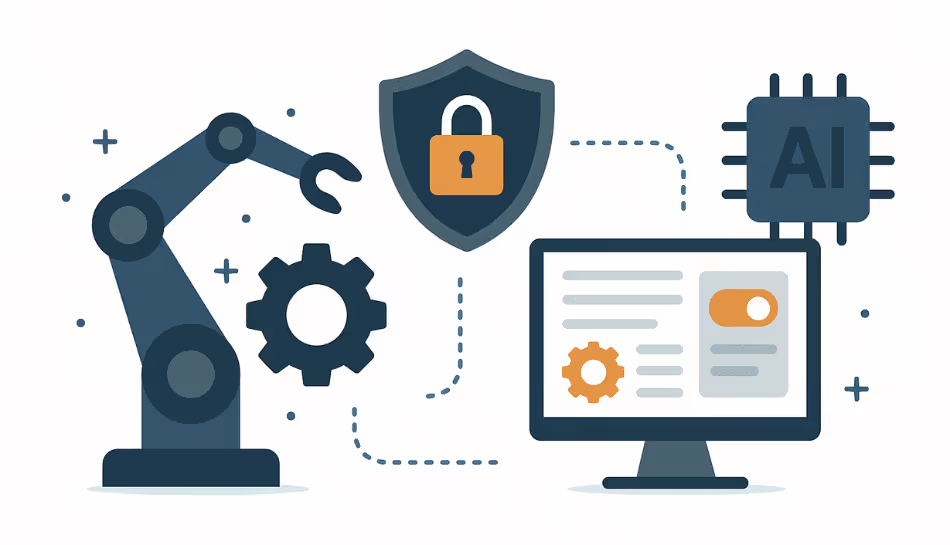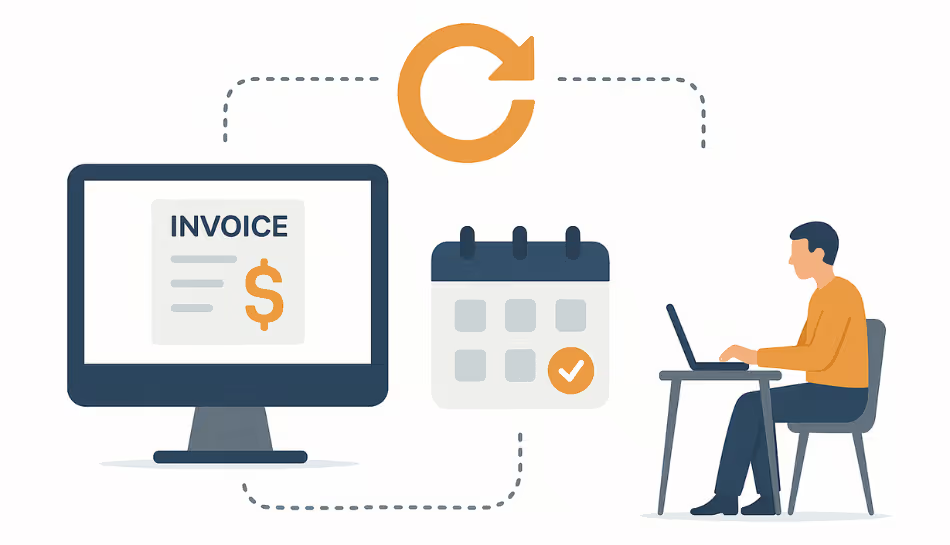
Artificial Intelligence (AI) has changed the way we live and work. From smart assistants and chatbots to personalized recommendations and self-driving cars, AI is everywhere. It’s fast, efficient, and capable of transforming entire industries. But with all its power comes a new set of challenges, especially when it comes to privacy.
In the rush to automate everything, many businesses and users are now facing serious questions about AI and privacy. Where does your data go? Who has access to it? Can it be misused?
Let’s explore the privacy concerns of AI, real-world examples, and what we can do to protect our data in an AI-driven world.
1. Why Is Privacy a Concern in AI?
AI systems run on data. The more data they have, the smarter they become. That means everything from your voice commands, browsing history, and facial features to your location and purchase behavior can be collected, analyzed, and stored.
But here’s the issue: in many cases, you don’t know how this data is being used, or even that it’s being collected.
This creates major AI privacy concerns, including:
- Unwanted surveillance
- Data breaches
- Unauthorized data sharing
- Misuse of sensitive personal information
As AI gets better at predicting and profiling, the line between convenience and intrusion becomes blurry.
2. Real-Life Examples of AI and Privacy Problems
Several cities have used AI-powered cameras to scan people’s faces without their knowledge. While it's often done in the name of security, it raises ethical questions about consent and constant surveillance.
Smart speakers like Alexa or Google Assistant are designed to respond to voice commands. But there have been cases where they’ve recorded conversations unintentionally, leading to AI privacy violations.
Ever talked about something near your phone and then saw an ad for it minutes later? AI algorithms track behavior so closely that many users feel like they’re constantly being watched, even if no one admits it.
These examples show that AI data privacy issues are not just theoretical, they’re happening now.
3. The Risks of Poor AI Privacy Management
When businesses don’t take privacy seriously, it can backfire badly. Poor handling of AI and data can lead to:
- Loss of customer trust
- Regulatory fines (under laws like GDPR and India’s DPDP Act)
- Data leaks and identity theft
- Reputation damage
In short, the smarter your system is, the more careful you need to be with the data it touches.
4. How to Manage Privacy in an AI-Driven Business
Protecting privacy while using AI isn’t impossible, it just requires a thoughtful approach. Here’s what companies and developers can do:
Avoid collecting unnecessary personal information. Stick to what’s relevant for the task at hand.
Let users know what data you’re collecting, why you need it, and how it will be used. Transparency builds trust.
Make sure people can choose whether to share their data. Consent should be clear, informed, and easy to withdraw.
Use strong encryption and data protection protocols to guard against leaks and hacking.
Regular checks help ensure your AI is behaving as expected and not overstepping privacy boundaries.
If data can be anonymized without affecting functionality, go for it. Removing identifiable details helps protect users even if the system is breached.
Final Thoughts
AI offers incredible potential, but with great power comes great responsibility. As we automate more of our world, we must also protect the people living in it.
By recognizing the privacy issues with AI, learning from AI privacy examples, and building systems with transparency and ethics in mind, we can create a future where technology works for us, not against us. In the AI era, privacy isn’t optional. It’s the foundation of trust.
Frequently Asked Questions:

